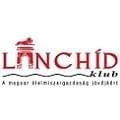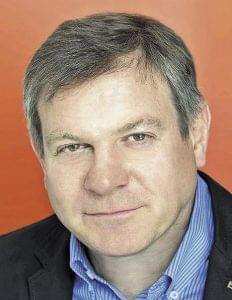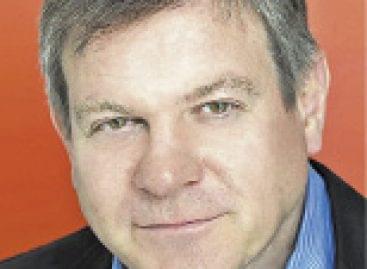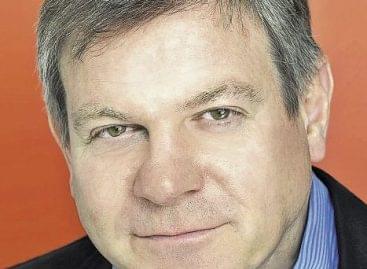Let’s make our cities more attractive!
Everyone is taking it for granted that in the clusters of towns and villages around cities, and in the interconnected residential areas of the agglomeration of the capital city, the demand for public utilities, public education, social services and basic infrastructure has increased dramatically in recent decades.

This article is available for reading in Trade magazin 2023/10.

Vendégszerző:
Kozák Ákos PhD
jövőkutató-szociológus
Triggered by the Covid-19 pandemic, tens of thousands of people moved to the county and many are still there today. But how many of these people are calculating with the long-term effects of a large number of people leaving Budapest and other cities? For instance the national average per teacher is 9.7 pupils, but in Pest County – in a typical agglomeration environment – it is 10.8, while in Budapest it is 9.2. What is better for the child?
It is understandable that people like to live in a quiet and preferably green environment, but who is footing the bill when roads to the nearby city have to be built, and when the infrastructure needs to be upgraded at breakneck speed to cope with the daily car commute? More than half of the cars rolling around in Budapest every day are owned by non-Budapest residents. Policymakers need to be aware of how they are dealing with the increasing environmental pressure – resulting from urbanisation – and the depopulation of the city.
We at the Equilibrium Institute have developed proposals to address these problems. The case for big cities worldwide has set the direction for future settlement patterns. A 10% increase in urbanisation means a 30% increase in GDP. Cities produce a tenth of global GDP and the economic output of some megapolises is now more than the total GDP of certain states. Plus who would want to give up benefits such as the fact that people living in cities earn 19% more? For us in Hungary, the question is not whether we need cities. It is rather a question of when there will be one or two more real cities in addition to Budapest. //
Related news
21st European Commerce Day: the market and politics sitting at the same table
🎧 Hallgasd a cikket: Lejátszás Szünet Folytatás Leállítás Nyelv: Auto…
Read more >Consumption is the gas pedal, industry is the brake: will there be a smooth landing in 2026?
🎧 Hallgasd a cikket: Lejátszás Szünet Folytatás Leállítás Nyelv: Auto…
Read more >Related news
Mere in Lithuania: Rapid growth and a hard discount niche left open by Lidl
🎧 Hallgasd a cikket: Lejátszás Szünet Folytatás Leállítás Nyelv: Auto…
Read more >








